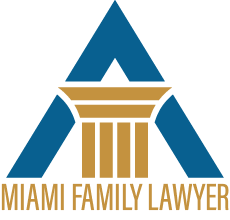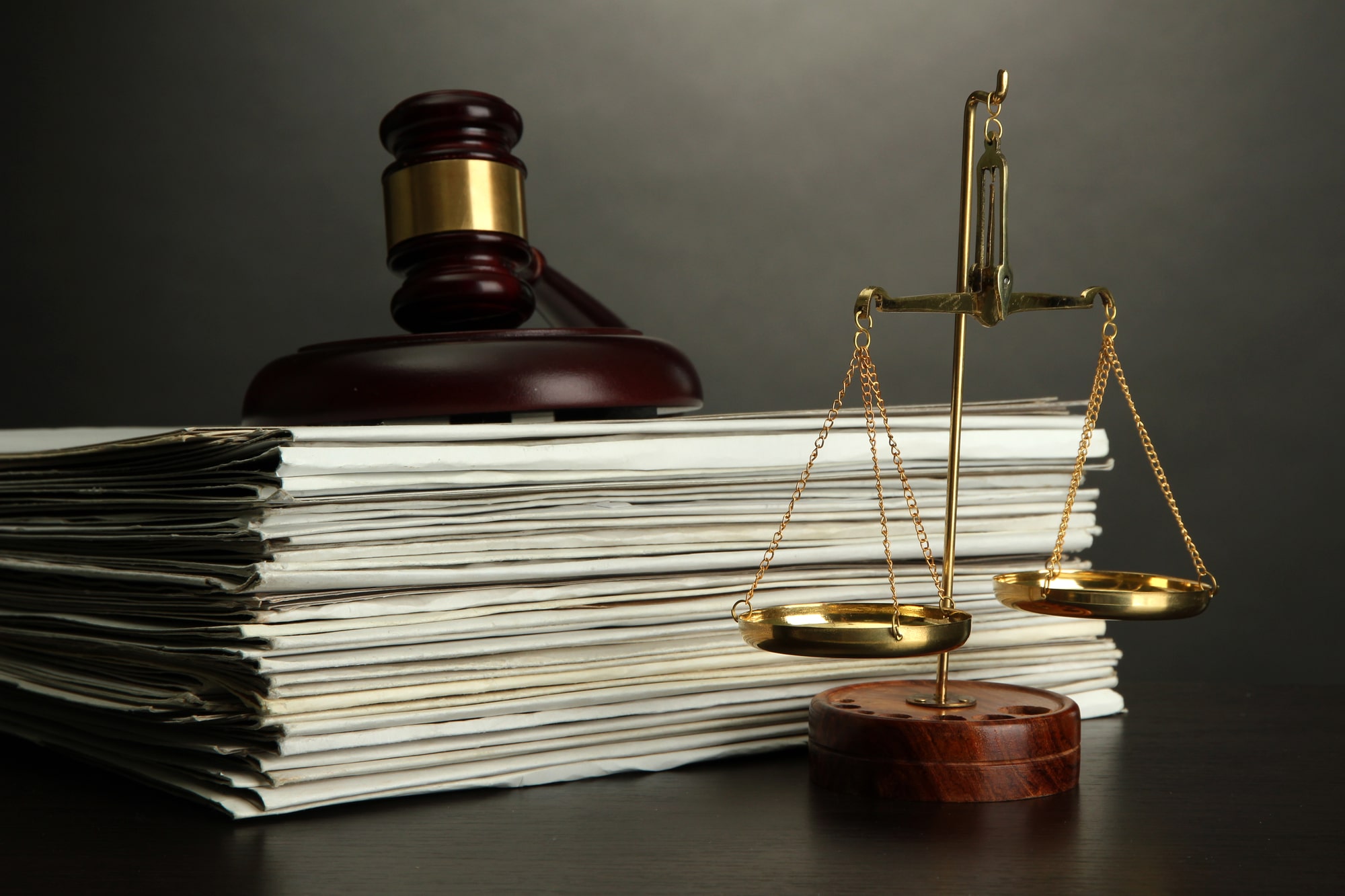Employment discrimination is a significant issue that can affect an individual’s career, self-esteem, and overall well-being. Understanding the complexities of the legal system and knowing the available remedies is crucial for victims of workplace discrimination. When seeking legal guidance, it may be necessary to speak with a legal professional with experience in providing compassion and knowledge in such matters, who can help victims navigate the often challenging legal landscape.
Understanding Employment Discrimination
Employment discrimination occurs when an employer treats an individual unfavorably due to certain characteristics such as race, gender, age, religion, disability, or sexual orientation. Recognizing the signs of discrimination is the first step in addressing this unlawful behavior. It can manifest in various forms, including unfair hiring practices, unequal pay, wrongful termination, or harassment. Victims often feel powerless against their employers, but the law offers protection and avenues for redress. However many people may not have a clear understanding of what their rights may be, which is why the help of a lawyer may be imperative to helping victims understand their rights and how to effectively enforce them.
Seeking Legal Counsel
The role of an employment discrimination lawyer is pivotal in these situations. A knowledgeable attorney can help you understand the nuances of your case and guide you through the complex legal processes. They can assist in gathering evidence, filing complaints, and representing you in negotiations or court proceedings.
Attorneys like those at Eric Siegel Law can attest to the importance of seeking legal advice early. Prompt action can often prevent the escalation of discrimination and preserve essential evidence. Furthermore, there are often strict time limits for filing claims, making timely consultation with a lawyer critical.
Filing A Complaint With The EEOC
The Equal Employment Opportunity Commission (EEOC) is the federal agency responsible for enforcing federal discrimination laws. Filing a complaint, known as a “charge of discrimination,” is usually the first formal step in seeking justice. This process can be daunting, but an experienced lawyer can help you navigate it effectively.
The EEOC may investigate the charge, which may lead to mediation, settlement, or, if necessary, legal action. It’s important to note that in most cases, you must file a charge before you can file a lawsuit against your employer.
Understanding The Legal Process
If your case proceeds to litigation, it’s essential to understand what this entails. Litigation can be a lengthy process, involving discovery (the exchange of information between the parties), depositions, and possibly a trial. Your lawyer will be your advocate throughout this process, fighting for your rights and seeking appropriate remedies.
Remedies in employment discrimination cases can include reinstatement, back pay, compensation for emotional distress, and sometimes punitive damages. Each case is unique, and the remedy will depend on the specific circumstances.
Settlement Negotiations
Many employment discrimination cases are resolved through settlements. A settlement is an agreement where the employer provides compensation to the employee in return for dropping the case. Skilled lawyers can negotiate settlements that fairly compensate victims without the need for a trial.
Empowering Yourself Through Knowledge
Being informed about your rights and the legal remedies available is empowering. It helps victims of discrimination make informed decisions and take control of their situations. Remember, you are not alone in this battle. Legal professionals are there to support and guide you through each step of the process.
Taking The Next Steps Towards Justice
Navigating the legal remedies for employment discrimination can be complex, but with the right guidance and support, justice can be achieved. If you believe you’ve been a victim of workplace discrimination, it’s crucial to seek professional advice as soon as possible.

